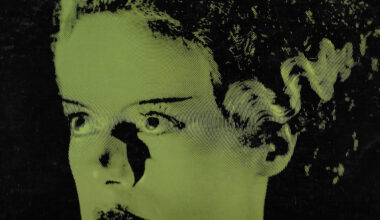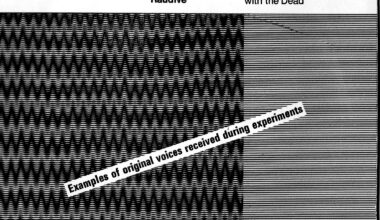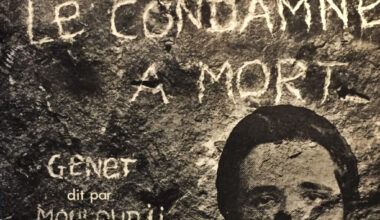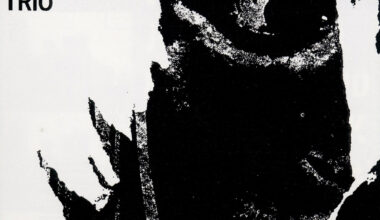Our resident archivist Jack Dangers heads down under for some EMS Synthi 100 action courtesy of composer Felix Werder
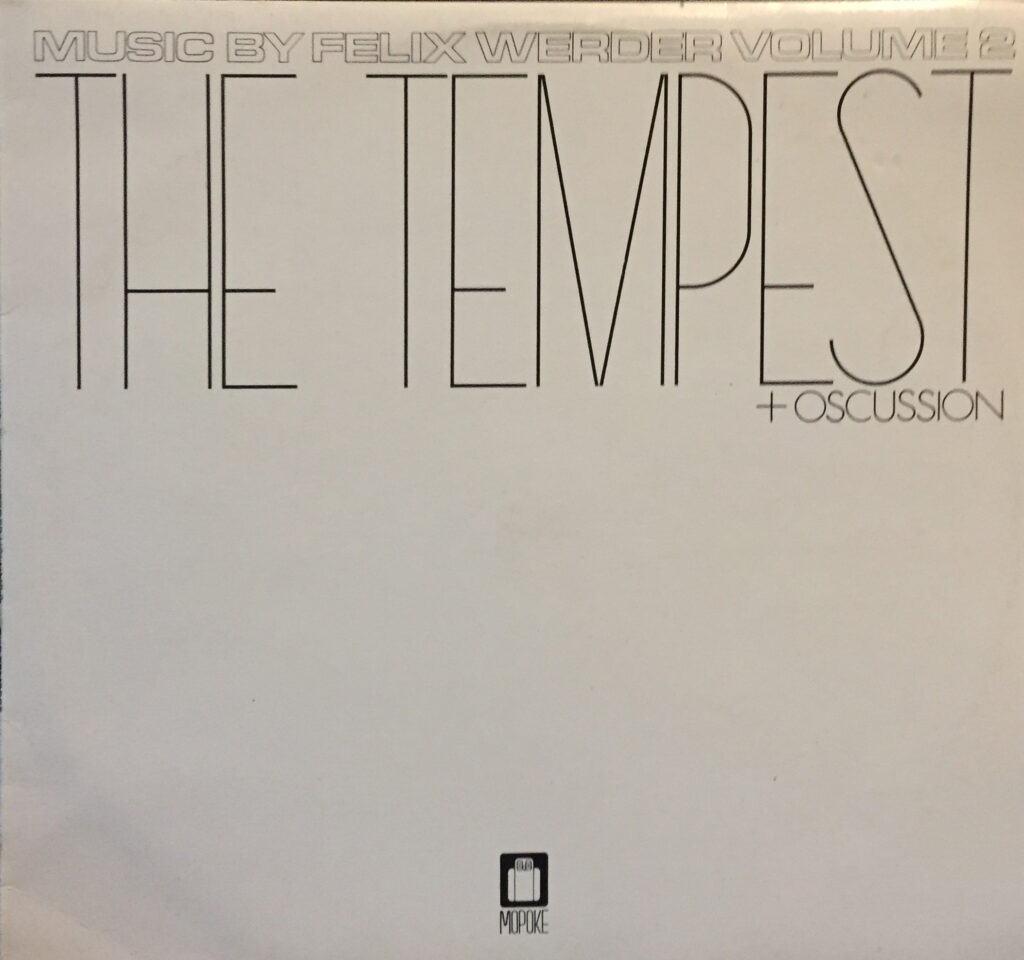
Felix Werder was a Jewish composer, born in Berlin in 1922. His father was also a composer and by the age of eight, Felix was helping him out by writing out musical parts for his manuscripts. His father was also friendly with Austrian music theorist Arnold Schoenberg, who fled Nazi Germany in 1933, and the Werder family escaped two years later.
They went first to London, where Felix studied Fine Art and Architecture, before relocating to Australia in 1940, where he was interned for the rest of the war.
He composed his first symphony during those five years, in 1943, and after World War II became an important figure in Australia’s avant-garde music world, writing operas, symphonies, chamber music, choral music and music for theatrical productions.
He was also a lecturer, a music critic and, from what I can make out, he was a controversial figure. One article I read described him as a “prickly” public intellectual. He was pretty uncompromising and described the musical zeitgeist in Australia as “decadent and almost entirely second rate”. He would even get hate mail for his opinions.
In 1973, he composed ‘Banker – A Music Theatre’, which has a strong electronic music component, with piano and guitar. Then in 1974 he wrote ‘The Tempest’, using the newly arrived EMS Synthi 100 at the Melbourne University Conservatorium of Music. It’s on the album ‘Music By Felix Werder Volume 2’. Side two is a live performance from 1973 of a piece called ‘Oscussion’, featuring drums and vibraphone, with electronics coming from a what I think must be VCS 3s. Werder and Peter Mumme, another Australian composer, are credited with synthesisers. Both compositions are great, really challenging pieces. They were released in 2007 on ‘The Tempest’ album from 2007, by Pogus Productions.
It took me about 10 years to find a copy. You can listen to it on the Pogus Bandcamp page, so there’s no need to track down a physical version, which costs the Earth. The last one to sell on Discogs fetched £220.
Werder composed until his death in May 2012, aged 90. Two months earlier, a concert premiered three new pieces, including ‘H Factor’, which he had announced would be his last work.
